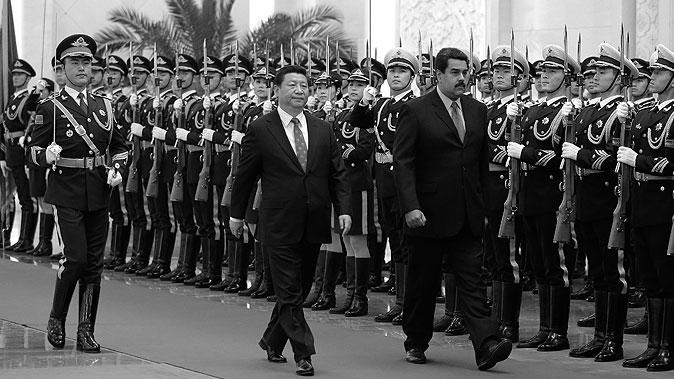When you are dealing with China everything is big, especially numbers. Now China announced another big number, a $250 billion investment program for South America.
The problem with numbers is that, on the one hand, they hide a lot of things and on the other hand jump to conclusions which simply aren’t true after close examination.
So yes, $250 billion is a relatively big number, but the investment mostly in the form of loans and money for infrastructure is spread out over 10 years. All of a sudden, we are down to $25 billion per year for a whole continent with a 2013 GDP of $5.7 trillion including the Caribbean.
China knows it needs to diversify its huge pile of Treasuries and is taking every opportunity.





